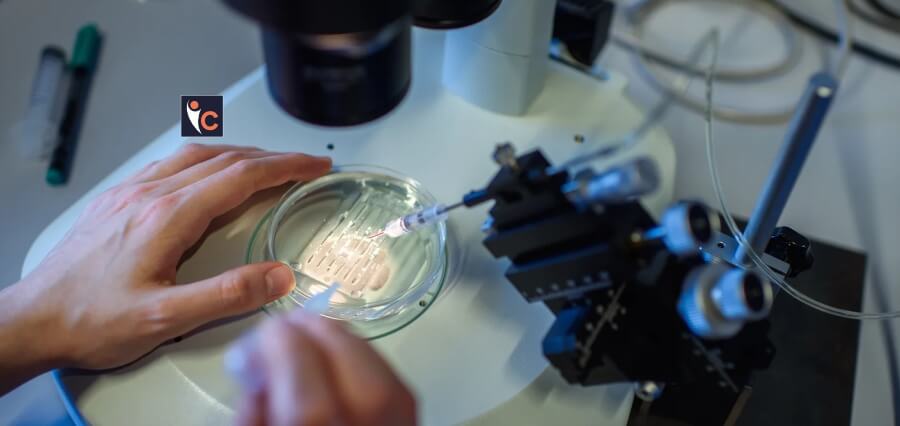At the age of 19, Joe Tsogbe underwent his first hip replacement, initiating a lifelong battle with sickle cell disease, a genetic blood disorder causing painful complications. By his 30s, hospitalizations surged to over a dozen annually, highlighting the urgent need for effective treatments.
Tsogbe, now 37, participated in a clinical trial in 2021, receiving exa-cel, a gene therapy co-developed by Vertex Pharmaceuticals and CRISPR Therapeutics. Utilizing CRISPR technology, exa-cel edits a patient’s DNA to alleviate sickle cell symptoms, presenting a potential breakthrough in treating the inherited disorder.
Expected approval by U.S. regulators signals a monumental achievement, offering hope to the approximately 100,000 sickle cell patients in the U.S., predominantly from the Black community. The only current cure involves a bone marrow transplant, necessitating compatible donors.
CRISPR-based treatments like exa-cel focus on editing genes to activate fetal hemoglobin, supporting red blood cells’ healthy shape. Administered through a complex process, blood stem cells are genetically modified, infused back into the patient, and the individual undergoes weeks of recovery.
However, challenges loom over the potential landmark therapy. Wall Street anticipates a hefty $2 million per patient, raising concerns about accessibility and insurance coverage. The prolonged treatment timeline, potential infertility risks from chemotherapy, and limited availability at specialized facilities further complicate widespread adoption.
While exa-cel holds promise for severe sickle cell cases, skepticism exists about its commercial success. Wall Street projections estimate $1.2 billion in exa-cel sales for Vertex in 2028, a fraction of the company’s total revenue.
For patients like Tsogbe, the potential benefits outweigh the challenges. Since receiving exa-cel, he has not experienced a pain crisis, allowing him to lead a more active life. Despite potential hurdles, the therapy symbolizes progress in sickle cell treatment and fulfills Tsogbe’s childhood promise to find a cure. As the U.S. awaits regulatory approval, exa-cel stands as a beacon of hope for those battling sickle cell disease.
Read More: https://insightscare.com/















